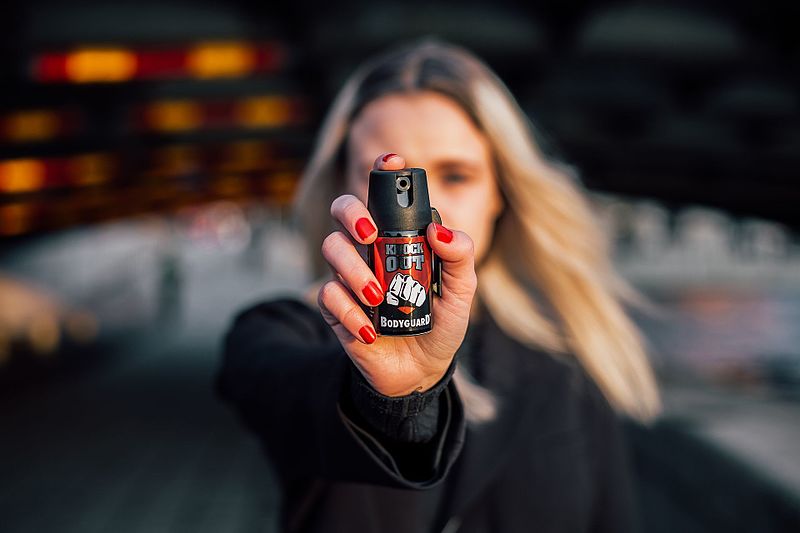“I was just walking on the beach, minding my own business. I wouldn’t have even noticed him if he hadn’t called out to me to make a lewd comment,” said a woman who was eve teased on a popular beach in Goa. The woman (who prefers to remain anonymous) was on a weekend trip with her husband, who was only 50 meters away from her when this gentle man happened to pass by her.
The husband ran behind the teaser only to find him heavily intoxicated. The person who was escorting the teaser away from the beach apologised profusely for the man’s behaviour, but what was done, was done. The woman was mentally scarred. Sure, it wasn’t the first time she faced a situation like this and it certainly was not the worst that has happened to her. However, that doesn’t make it any less painful.
Drinking alcohol on beaches and in public places was banned in Goa in August 2018. But there is no regulation in the country for being present in public when intoxicated. And most of the times, no action is taken when there is no physical harm caused by an intoxicated person.
“Instead of a ban on drinking, we need to have a device that would detect the level of intoxication in a person, and ban him from entering a public place in that state. It is not okay to get away with things using intoxication as an excuse,” her husband said.
In order to save themselves from such incidents, feel confident and safe, women in India are turning to self defence lessons. Public authorities are also facilitating them. However, the availability of these lessons is scarce in small towns and rural areas.
Women in the smaller towns still find themselves vulnerable to these attacks. Women trained in self defence do not feel confident all the time either, because defending yourself from an expected attack is different from getting caught by surprise. At times like these, pepper sprays can come in handy.
Pepper spray contains a chemical called capsaicin, derived from the capsicum or chilli plants. When it is sprayed on a person’s face, the chemical immediately causes his/her eyes to close, obstructs breathing, causes runny nose and coughing. Capsaicin is insoluble in water so washing the eyes or face after the attack does not help. The effects wear off in an hour or two.
According to the European Parliament Scientific and Technological Options Assessment Report, published in 1998, the spray can cause upper body spasms for three to 15 minutes and temporary blindness for 15 to 30 minutes.
Pepper spray is banned in many countries. However, the use of these sprays for self defence is legal in India. A can of spray that costs around INR 200-300 can save a life and make women feel more relaxed outdoors, till the time regulations are strong enough to protect them from these attacks.
Thank you for reading the story until the very end. We appreciate the time you have given us. In addition, your thoughts and inputs will genuinely make a difference to us. Please do drop in a line and help us do better.
Regards,
The CSR Journal Team


